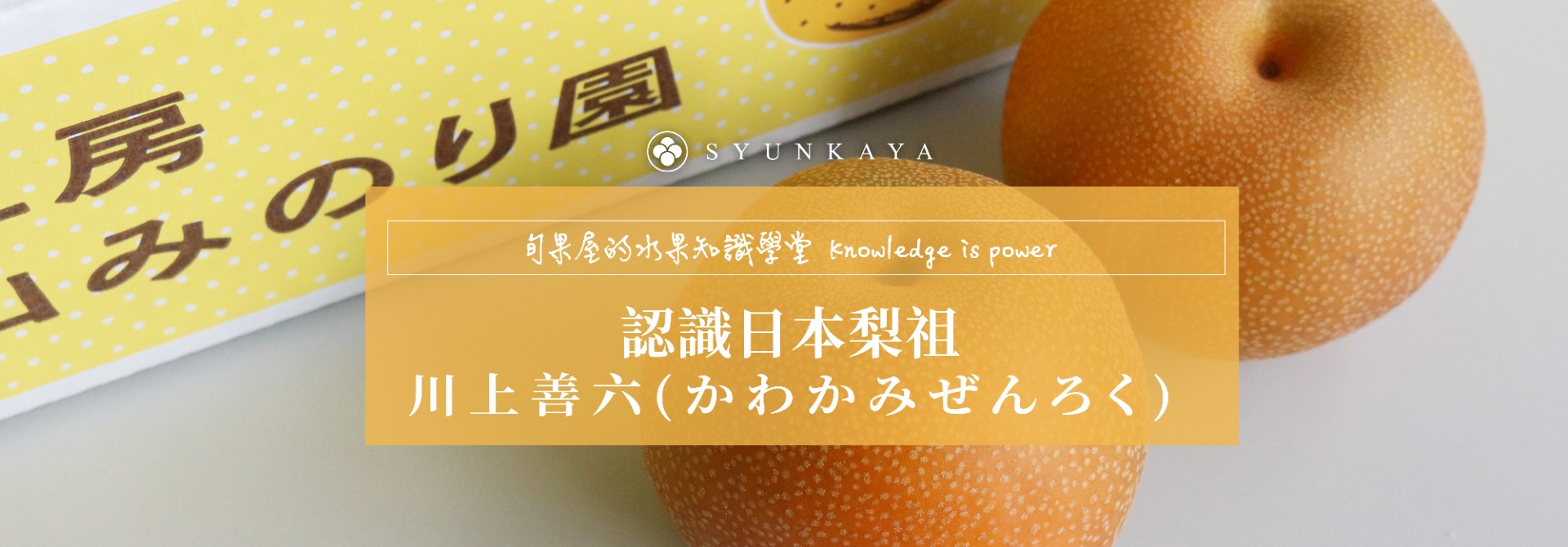2024/10/01
The story of Japanese pears you don't know...

Chiba Prefecture has a long history of pear cultivation, which can be traced back to the Edo period. About 230 years ago, Ichikawa City was the birthplace of Japanese pear cultivation, and the promoter of all this was a man named Kawakami Zenroku (かわかみぜんろく) farmer. Zenroku Kawakami lived in the then Hachiman Village (now Hachiman City, Ichikawa City, Chiba Prefecture). At that time, he heard that pear cultivation was already popular in Mino City, Gifu Prefecture. In order to learn the planting technology, he went to Gifu Prefecture to investigate. After arriving in Gifu Prefecture, he found that the local soil conditions were very similar to those in Ichikawa City, which gave him the idea of trying to plant pear trees in his hometown. Kawakami Zenroku brought pear tree branches from Gifu Prefecture and planted them on a trial basis in Ichikawa City. Three years later, his efforts finally paid off and the pear tree began to bear fruit. Known for their excellent taste and appearance, these pears were even shipped to markets in Edo. At that time, Edo was the political, economic and cultural center of Japan, where goods from all over the world gathered. Pears grown in Ichikawa City soon became a well-known luxury product in the Edo market due to their excellent quality_"Yawata Pears" ”. Due to the strong market demand, pears not only brought huge returns to Kawakami Zenroku, but also gradually expanded their reputation. Kawakami Zenroku began to teach pear cultivation techniques to neighboring farmers, and the area planted with pears in Ichikawa City also expanded rapidly, making this city Pear production in the district has increased significantly. By the end of the Edo period, Ichikawa City had become one of the largest pear producing areas in the Kanto region. At that time, pear cultivation was not just a simple agricultural activity, but also became an important driving force for local economic development. This period of history witnessed the rise of Chiba Prefecture's pear industry and also symbolized its leading position in pear cultivation technology. Today, Chiba Prefecture has always been one of Japan's important pear production areas. Local farmers continue to follow this tradition and use modern technology combined with natural resources to produce many pear varieties with better quality. Chiba pears are not only supplied to the Japanese domestic market, but also exported to the international market and enjoy a high reputation.
